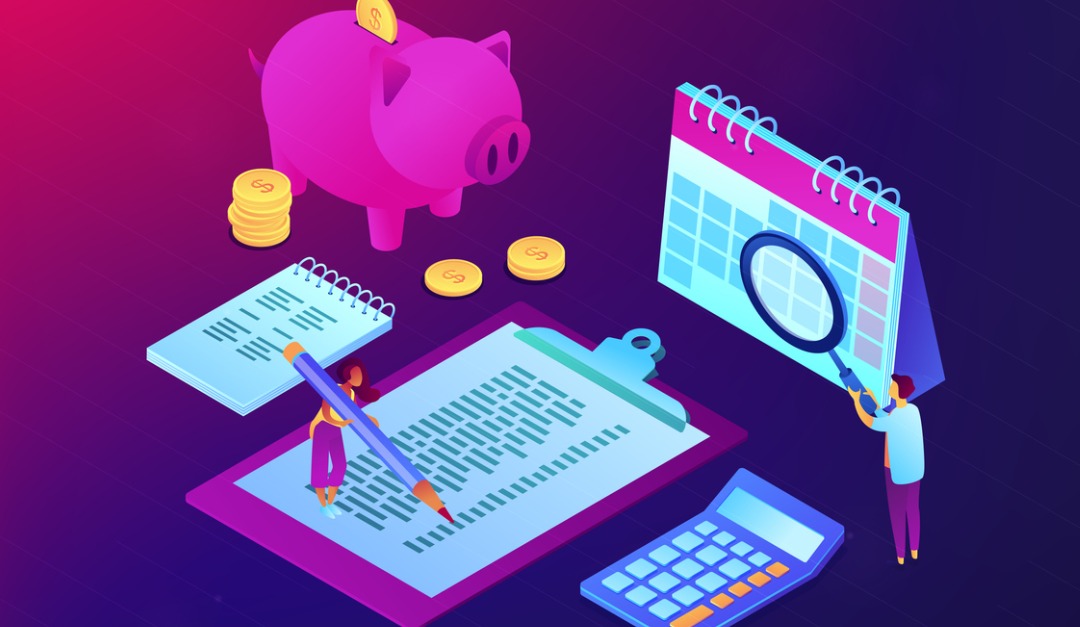
Why You Should Track All Your Spending
Many people spend more than they realize, wind up buried in debt and don’t have enough money left to save for long-term goals. If you don’t currently keep track of all your expenses, you should start. Knowing where your money is going can provide valuable insights.
Create a Budget and Track Every Purchase
If you don’t have a budget, make one. Write down your after-tax income and a list of all your regular expenses. Make estimates for items that can vary from month to month, such as groceries, clothing and entertainment.
Keep track of every purchase you make, either on paper or with a budgeting app. No matter what method you use, be consistent. It may be difficult at first, but it will become easier once you make it a habit.
Figure Out Where You’re Wasting Money and Make Changes
Comparing the amounts you planned to spend with the amounts you actually spent can help you figure out if you are overspending on unnecessary things. For example, you may not realize how much money you’re spending on things such as takeout or entertainment, especially if you pay through an app or with autopay. If you have a subscription for a gym or another service, you may realize that you don’t use it enough to justify the monthly expense.
If you make a lot of small credit card purchases and impulse buys, they can add up. Once you realize that, you will be able to cut back on those purchases and avoid racking up more debt.
You may find that you need to adjust your budget to allocate more money to some categories. If you discover that you are consistently overspending in one area, you may need to find a way to earn more money to afford the lifestyle you want.
Focus on Your Long-Term Goals
Tracking your spending can help you take control of your financial situation and reduce your level of stress. Once you have identified unnecessary spending, you will be able to shift money to your financial goals, such as saving for retirement or for your children’s college education or paying off credit cards.
Keeping track of your spending can help you hold yourself accountable. If you realize that you went over budget one month, you will be able to figure out ways to avoid doing that again. Tracking your spending can also help you see how much progress you have made toward your goals so you can stay motivated.
Make Sure You and Your Spouse Are on the Same Page
Tracking expenses is particularly important for couples. If you both make purchases and don’t mention them to each other, you may be shocked when you receive a credit card bill with a high balance or overdraw your checking account. Staying organized can help you avoid unpleasant surprises. You may find that logging all your purchases into a shared app is the best approach.
